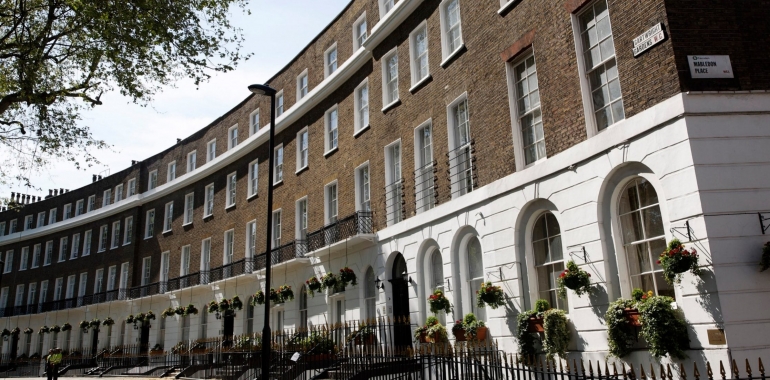For a long time real estate has been considered one of the best long-term investments to protect against inflation. Unlike many other traditional investment products, real estate is not tied to the stock market, making it an efficient instrument to reduce risk and increase long-term returns.
Nevertheless, no asset class comes with a guarantee, and losses can be expected even for fixed-income investments. The negative impact of the Covid-19 outbreak on the labor market, the retail sector, and consumer demand is hurting the property market.
One of the advantages of real estate is appreciation. In 1940, the median home value in the US was just $2,938. In 1980, it was $47,200, and by 2000, it had risen to $119,600. In the UK, the price of an average house went from around £51,800 in today’s terms back in 1952 to around £211,400 ($274,900) in 2017.
On the other hand, by renting an apartment, smart investors can cover a major part of monthly expenses, including mortgage, interest, taxes, and insurance. Those people who can’t afford to buy a house could invest in real estate investment trusts (REITs), companies that own and collect rent from commercial and residential properties.
However, real-estate values are also subject to fluctuations, as happened in 2008 and is being repeated now. Real house prices react differently to economic shocks, depending on such factors as the growth rates of the underlying population and real income in the area, the size of the area, and construction costs.
By
Publish Date : 2020/08/19








